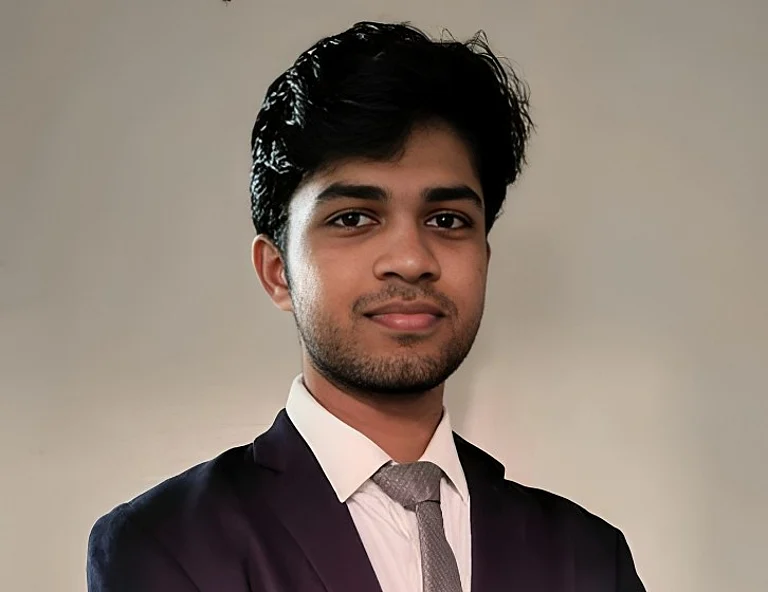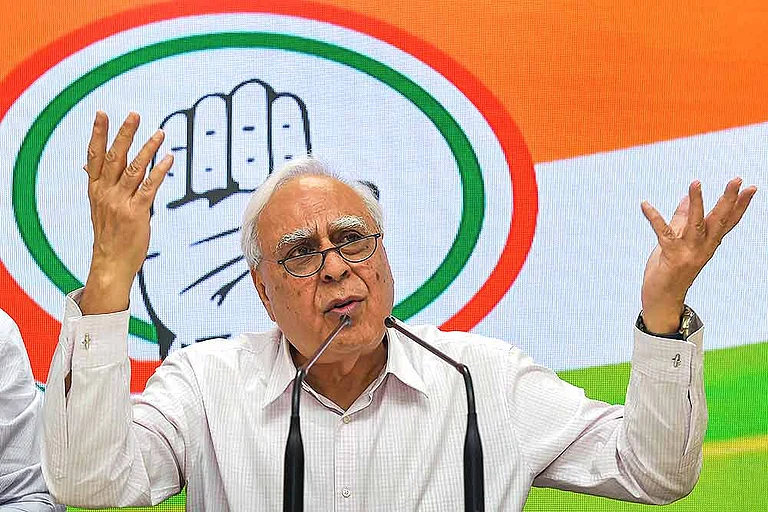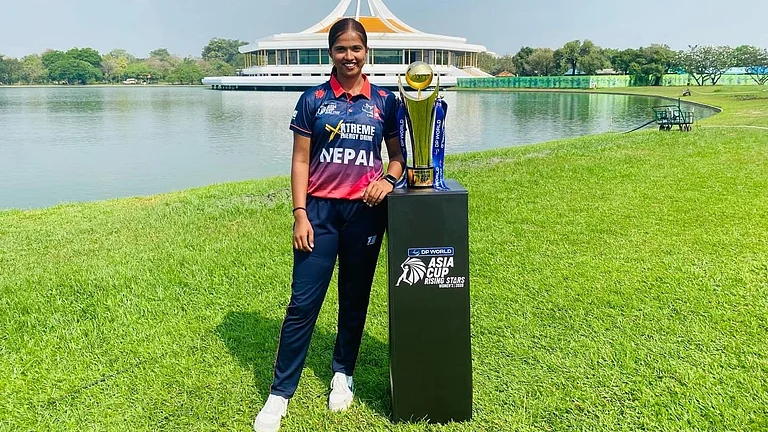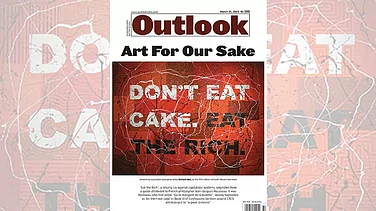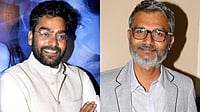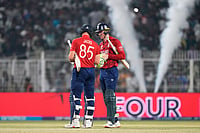After a hiatus of 3 years, India’s much anticipated theatre extravaganza, the Delhi Theatre Festival, is all set to grace the cultural corridors of the national capital with its 4th edition. This year's festival aims to immerse theatre aficionados in the sheer magic and brilliance of the performing arts, and will be conducted from the 4th to the 6th of August 2023.
With an impressive line-up comprising of 7 homegrown plays, audiences can expect to be enthralled by critically acclaimed performances by eminent theatre luminaries such as Naseeruddin Shah, Pankaj Kapur, Piyush Mishra, Lillete Dubey, Shekhar Suman, Vinay Pathak, Shabana Azmi, Suchitra Krishnamoorthi and Kanwaljit Singh. The line-up includes plays such as ‘Ismat Apa Ke Naam’, ‘Dopehri’, ‘Vodka & No Tonic’, ‘Ballimaaraan’, ‘Ek Haan’, ‘Nothing Like Lear’ and ‘Kaifi Aur Main’.
Naseeruddin Shah, who is all set to take the audience into the captivating world of Ismat Chughtai through ‘Ismat Apa Ke Naam’, will share the the visionary feminist and literary genius’ compelling stories in three remarkable acts: ‘Gharwali’, ‘Mughal Bachcha’, and ‘Chhui Muee’.
In an exclusive chat with Outlook India, the veteran actor got candid about enacting Ismat Chughtai’s remarkable work, how he connects with the audience and more.
After a gap of three years, Delhi Theatre Festival is back. How do you feel about it, and what are you looking forward to this year?
Theatre festivals serve an important function that different theatre groups all likeminded people who love the theatre and work unit come together and feed off each other and see each other work and get stimulated by the interaction.
You are set to take us into the captivating world of Ismat Chughtai. Was it a conscious choice, in today’s age and time, to enact her remarkable work?
I first met Ismat Apa during the shooting of the film ‘Junoon’ in Lucknow. I was not at all familiar with her work. I knew that she was the writer of stories but I haven’t read any of them .She was the most interesting person, she was very curious about other people more than herself. Whenever we had a conversation, she always asked me about my family, my own background.
Just like Ismat Chughtai, you have been quite vocal about issues that concern the society. How well do you resonate with her work?
I first read her work. It resonated with me immediately because the people and the society and the ethos that she is writing something which I was familiar with, I thought she was writing about my family and I could recognize all the characters that she wrote about with such duty and precision. The test of any great writing is the time in which it was written and Ismat Apa writing is truly great, even the stories she wrote in the 1930s and 1940s absolutely reflect life even today. Human politics and the politics of relationship is what she always wrote about. In fact, all the three stories we are doing, will resonate with the things happening today.
Lastly, on a lighter note, do you like theatre more or films, in terms of how you are able to connect with the audience?
The important thing about theatre is that it can only be done one time at one place whereas movies, OTT can be seen all over the world at the same moment. We are not concerned about whether movies or OTT can replace theatre, what we are concerned about is being able to communicate ideas of great writers to the listeners. Satya Dev Dubey, who was our mentor, used to predict when television serials begin on Doordarshan that people will soon be bored of the rubbish passing on Doordarshan, and will come back to the theatres. But definitely it’s a more encouraging situation than we first starting doing plays.








